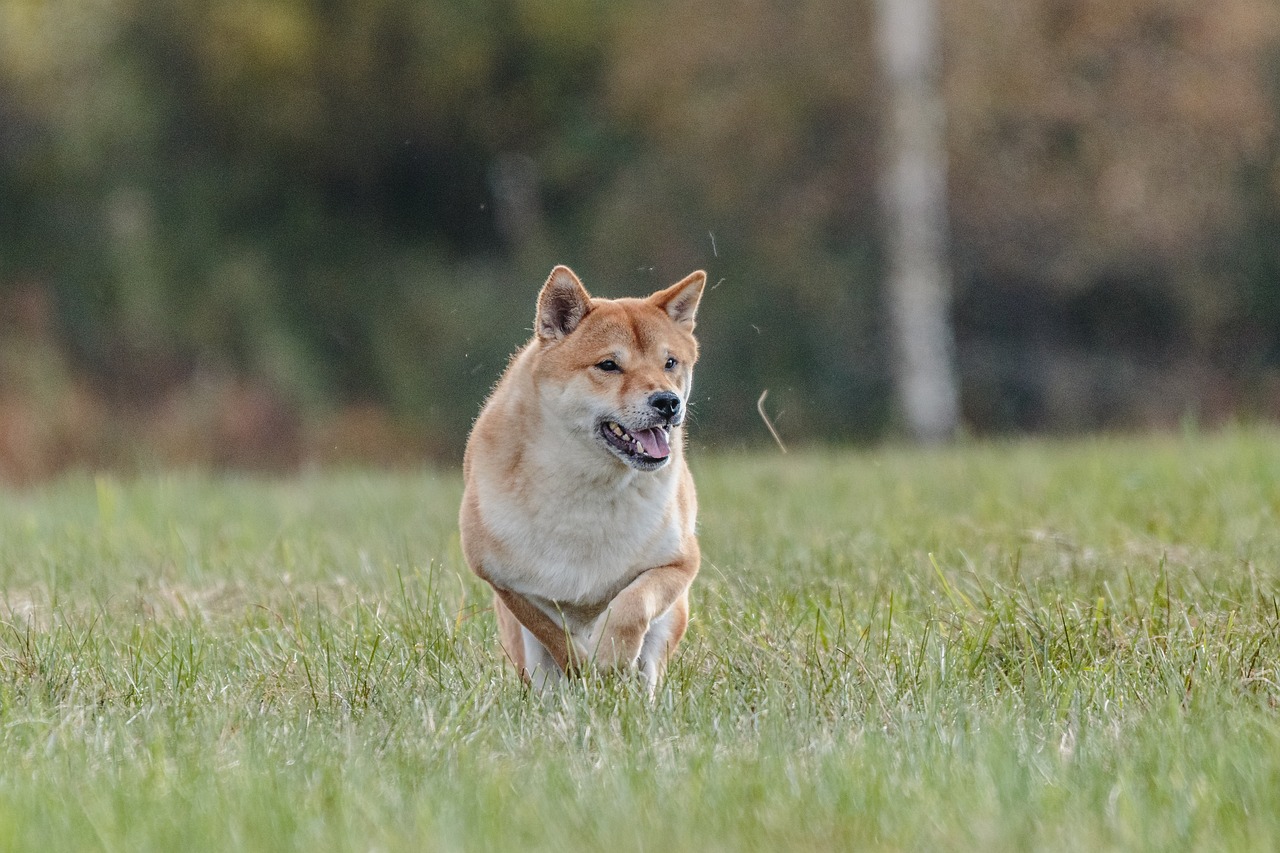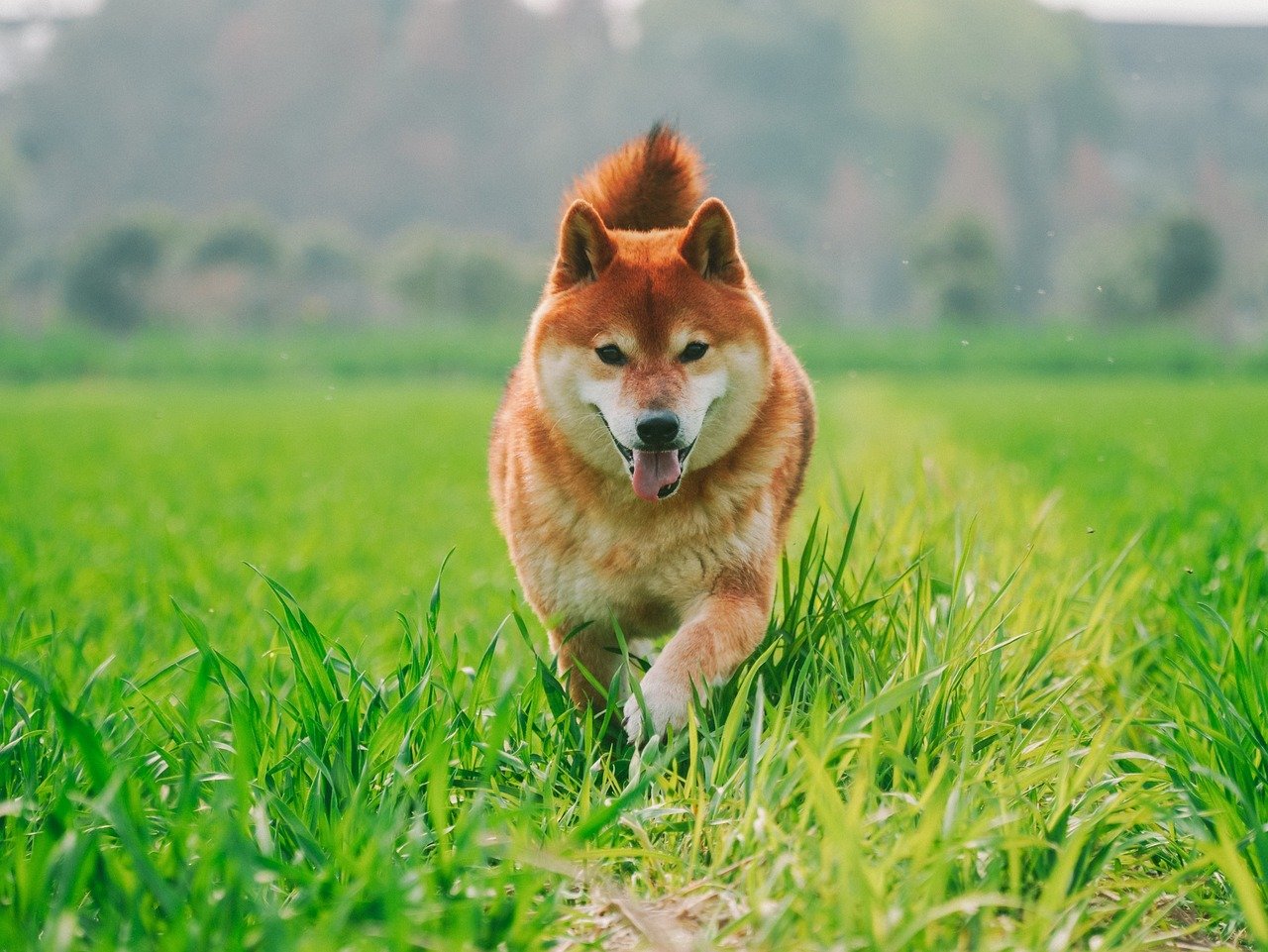Shiba Inus, one of Japan’s six native dog breeds and perhaps the most popular, is renowned for their spirited personality, fox-like appearance, and independent nature. Originally bred for hunting in the rugged mountainous regions of Japan, Shiba Inus possesses a remarkable blend of agility, intelligence, and strength. Known for their distinctive “Shiba scream,” when displeased or overly excited, these dogs have a unique vocal expression that is both amusing and surprising to those unfamiliar with the breed. Additionally, their clean habits and the ease with which they can be house-trained make them appealing pets for families and individuals alike. Despite their charming demeanor, Shiba Inus can exhibit a range of unusual habits that reflect their strong personality and ancient lineage. These behaviors, while often endearing, can also pose challenges for their owners. This article delves into seven of the most unusual habits of Shiba Inus, providing insights into their origins and tips for managing them effectively.

1. The Shiba Scream
One of the most famous and unusual habits of the Shiba Inu is the “Shiba scream.” This high-pitched, often loud vocalization occurs when the dog is either extremely upset or incredibly happy. The scream can be startling for those unfamiliar with the breed but is a normal expression of their intense emotions. Owners can mitigate unwarranted screaming by providing consistent training and emotional reassurance to help manage their Shiba’s stress or excitement levels, ensuring that they feel secure and understood.
2. Cat-Like Grooming
Shiba Inus are fastidious in their grooming habits, often licking their paws and coats much like a cat. This cleanliness extends to their house habits, making them one of the easier breeds to house-train. While this behavior is generally positive, it’s important for owners to ensure it does not lead to obsessive grooming, which could indicate anxiety or boredom. Providing plenty of mental and physical stimulation can help keep their grooming habits healthy and prevent them from becoming a compulsive action.
3. Aloofness with Strangers
Unlike many other dog breeds that are overtly friendly with strangers, Shiba Inus tend to be reserved and can sometimes appear aloof or distant. They often choose when and if they will interact with new people, reflecting their independent and discerning nature. Socialization from a young age is crucial to help mitigate excessive aloofness. Introducing a Shiba Inu to a variety of people and settings in a controlled and positive manner can enhance their sociability and ease their reserved nature.
4. Stubborn Streak
Shiba Inus are known for their stubbornness, which can make training a challenge. This trait stems from their intelligence and independent hunting background, where they often needed to make decisions on their own. Effective training techniques involve consistency, patience, and positive reinforcement. Understanding their need for respect and patience can go a long way in overcoming their stubbornness during training sessions.
5. Escaping Artist
Shiba Inus have a tendency to escape from confines, displaying a Houdini-like ability to find ways out of fenced areas or slip out of collars. This behavior is driven by their curiosity and desire for independence. Ensuring that your yard is secure and that your Shiba Inu is always on a leash during walks will help prevent any escape attempts. Regular exercise and mental stimulation can also reduce their desire to wander off.
6. Pouncing Play
Similar to their ancient hunting techniques, Shiba Inus often display a pouncing behavior during play, mimicking the way they would catch small prey. This can make playtime with toys especially entertaining but should be monitored to ensure it does not escalate into aggressive behavior. Engaging in controlled play activities that allow them to express this behavior safely can provide great physical and mental exercise for a Shiba Inu.
7. Circle Before Lying Down
Shiba Inus often circle multiple times before lying down, a behavior believed to stem from their wild ancestors who would trample down grass to create a sleeping area. While this circling is generally harmless, excessive circling could indicate the need for a more comfortable resting place or an underlying health issue. Providing a comfortable and warm sleeping area can help minimize excessive circling.
Shiba Inus are as intriguing as they are independent, with a range of unusual habits that highlight their unique personality and heritage. Understanding these behaviors is crucial for any Shiba Inu owner, as it helps in providing appropriate care and training. With the right approach, Shiba Inus can be loyal, affectionate, and well-behaved companions, fully integrated into the lives of those who cherish them.
